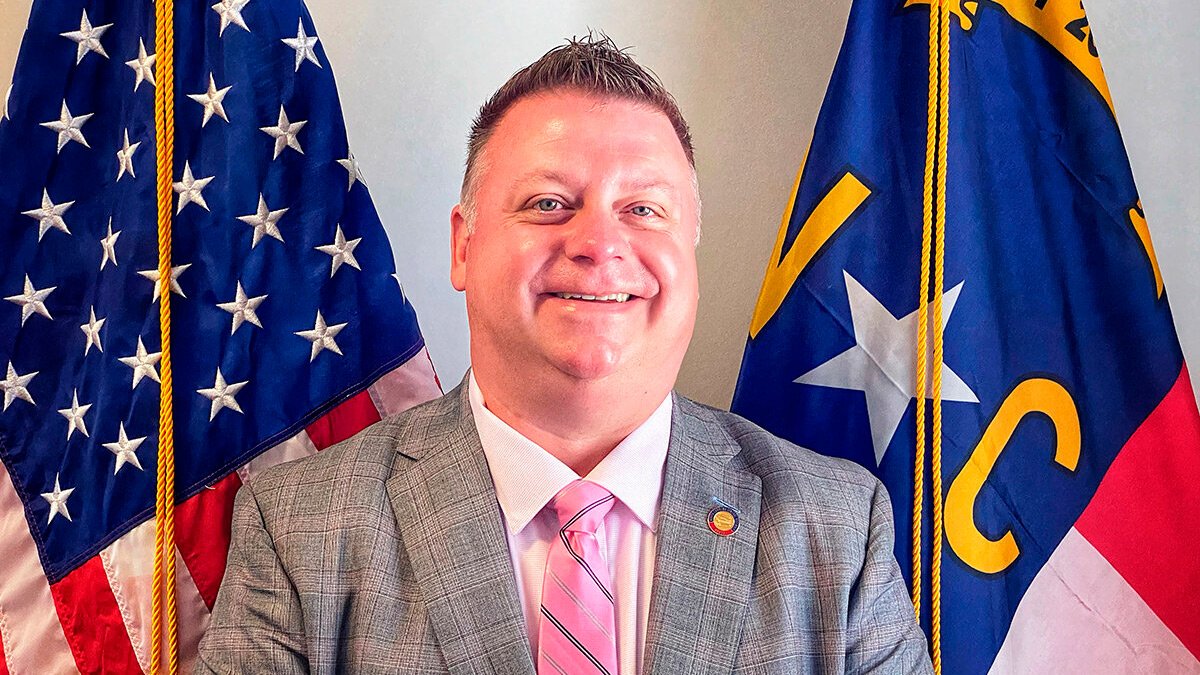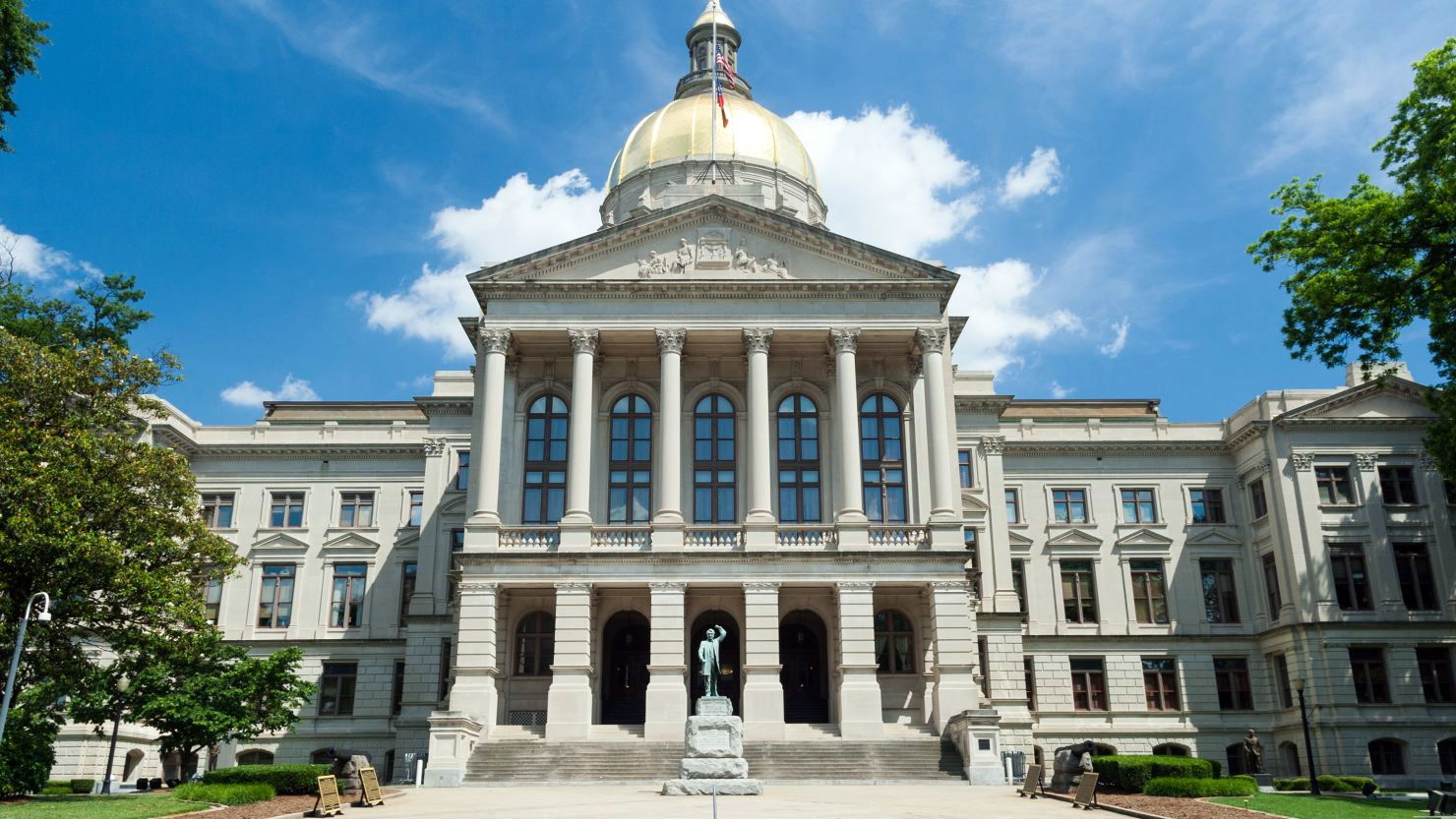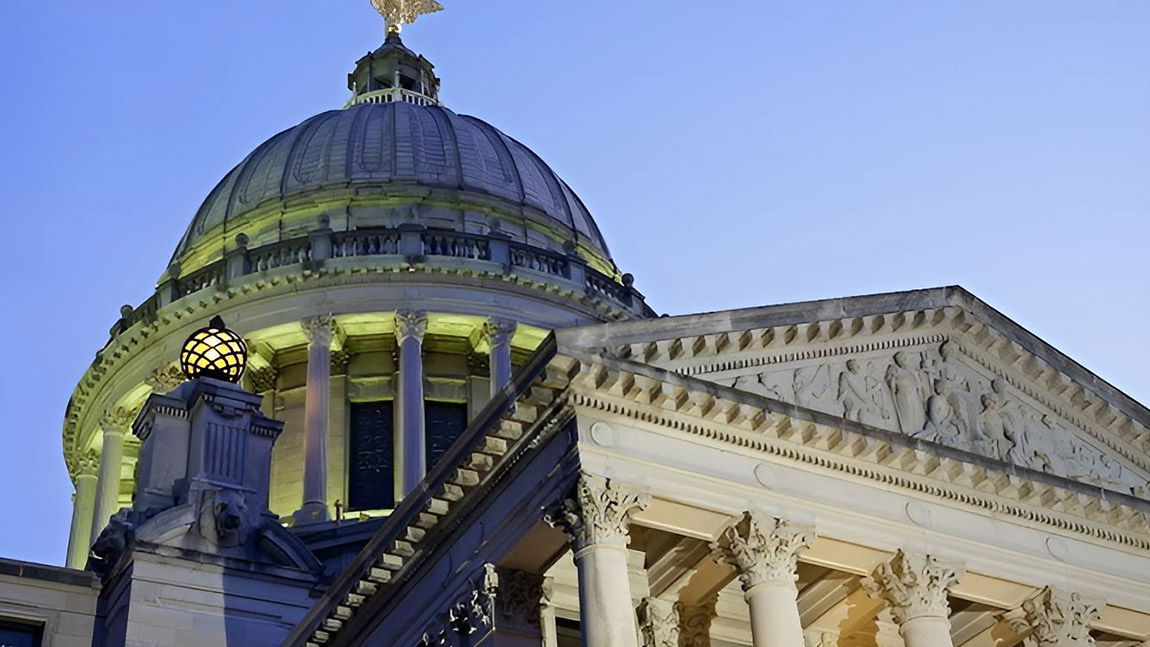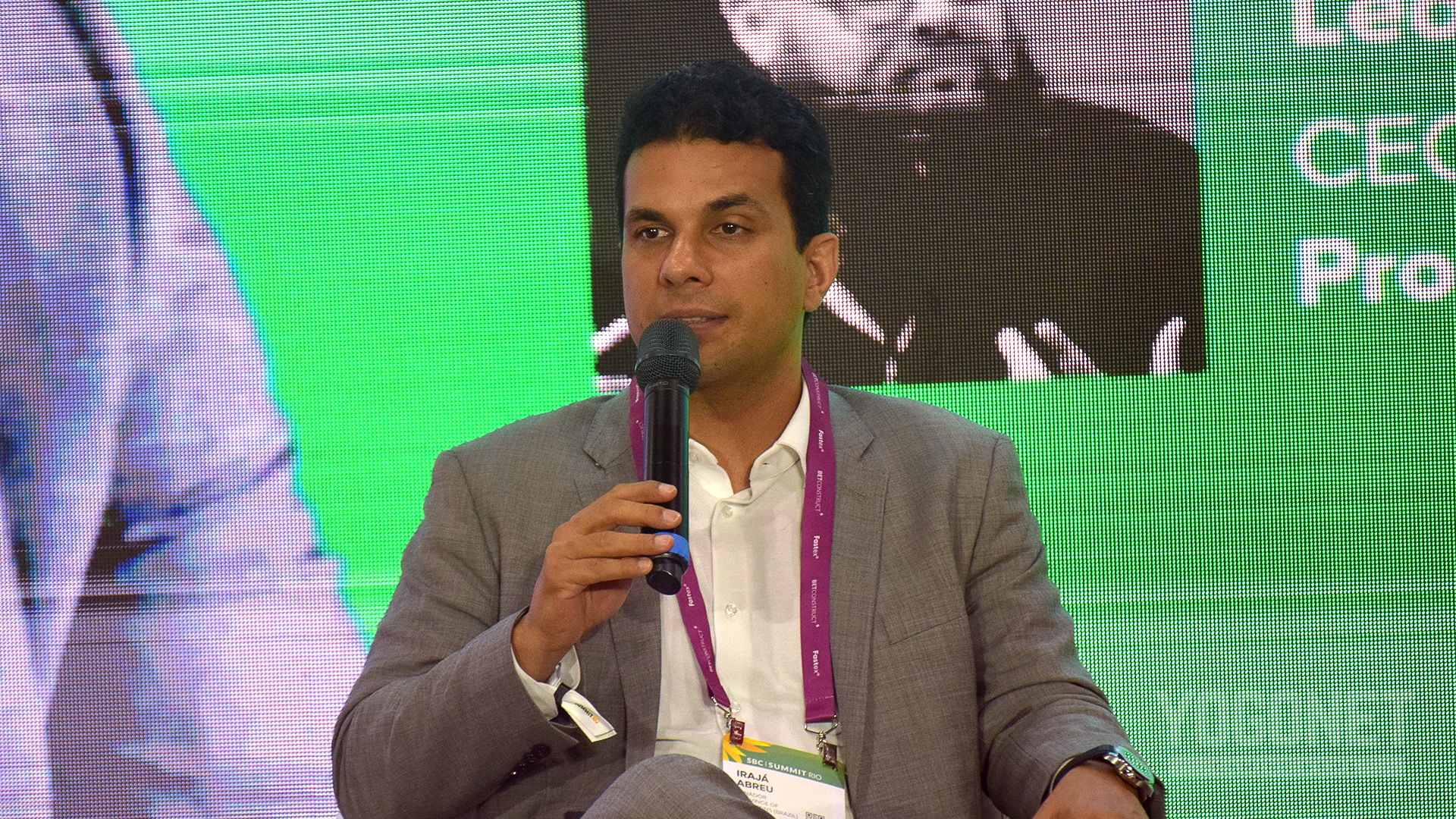North Carolina Senate expected to cast vote on sports betting bill this week
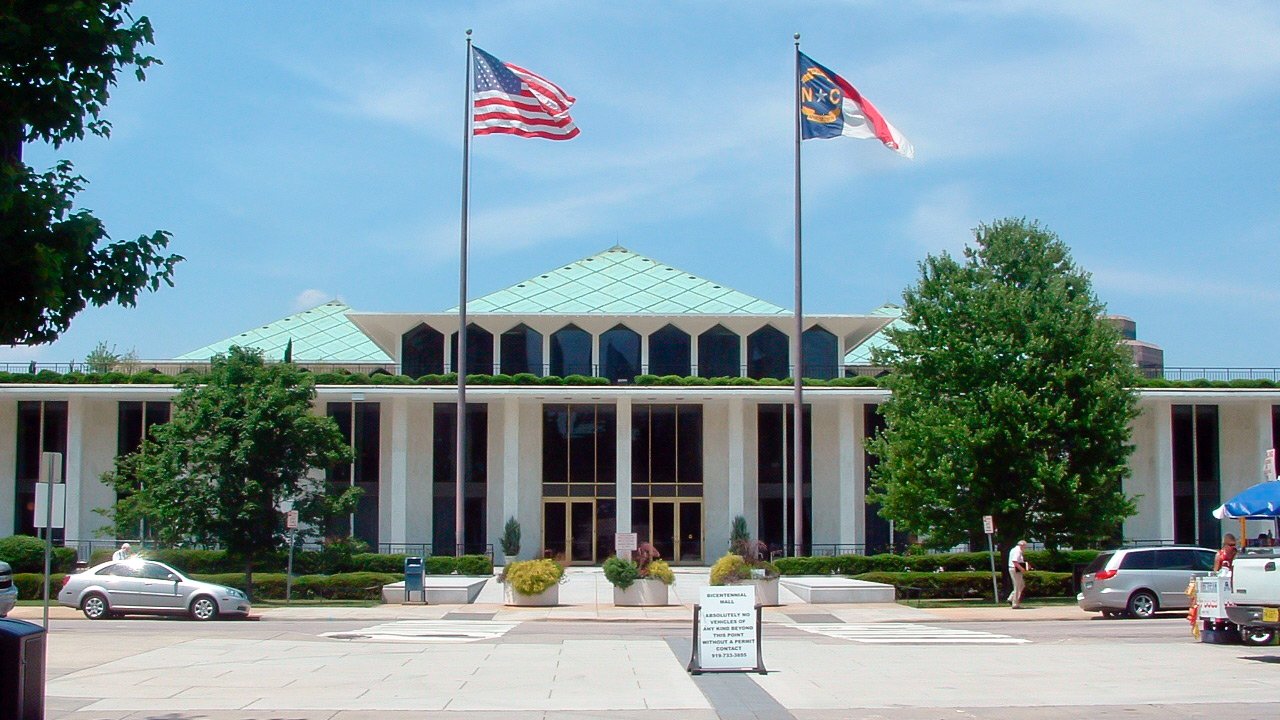
An online sports betting bill in North Carolina will be discussed in the Senate today (Tuesday). HB 347 could go for a full vote before the Senate this week, potentially Wednesday or Thursday, and while it remains uncertain whether the proposal will be approved, there are high hopes. If passed, the legislation is expected to go into effect on Jan. 8, 2024.
Under the plan, people could start betting on sports at places like Bank of America stadium or Charlotte Motor Speedway, and they would also be able to do it online at online betting sites. If the bill is passed, North Carolina would become the 29th state to approve sports betting outside casinos.
"I do believe that people are already gambling online," said State Senator Michael Garrett of Greensboro, as reported by Fox 8 News. He says there are benefits and concerns to legalizing sports betting, which would entail an 18% privilege tax attached to gross gambling revenue. "There’s tax revenue that the state is missing out on because people are doing it illegal ways, so there are no tax implications," he added.
State Senator Michael Garrett
Additional amendments are expected to the bill, which has been modified in some significant ways since it passed the House in late March. The effort to legalize sports betting in the Tar Heel State has been a contentious battle that transcends party lines, centering on whether the economic benefits it brings outweigh the potential societal costs of gambling. Pro sports teams have also ramped up pressure on lawmakers, alleging that failure to legalize the practice shrinks their revenues.
Last week, the Senate Commerce and Insurance Committee favorably referred HB 347 to the Finance Committee after it received some amendments. These included a raised tax rate from 14% to 18%, the removal of promotional credit deductions from taxable GGR, and the legalization of parimutuel horse race betting.
While historical horse racing was added to the bill as a type of allowable betting last week, it could be stripped from the bill over concerns about slot-like historical horse racing machines. Another change that is being contemplated by the Senate is a provision that would put anyone who owes child support or owes the state money on a list of prohibited gamblers that operators must check before creating accounts.
The legislation would allow for no more than 12 licensed operators to take bets in the state. Each license would cost $1 million for a five-year period. The bill says that the Lottery Commission shall consider the applicant's plan to operate a place of public accommodation or in-person sportsbook, a change from the House-passed version.
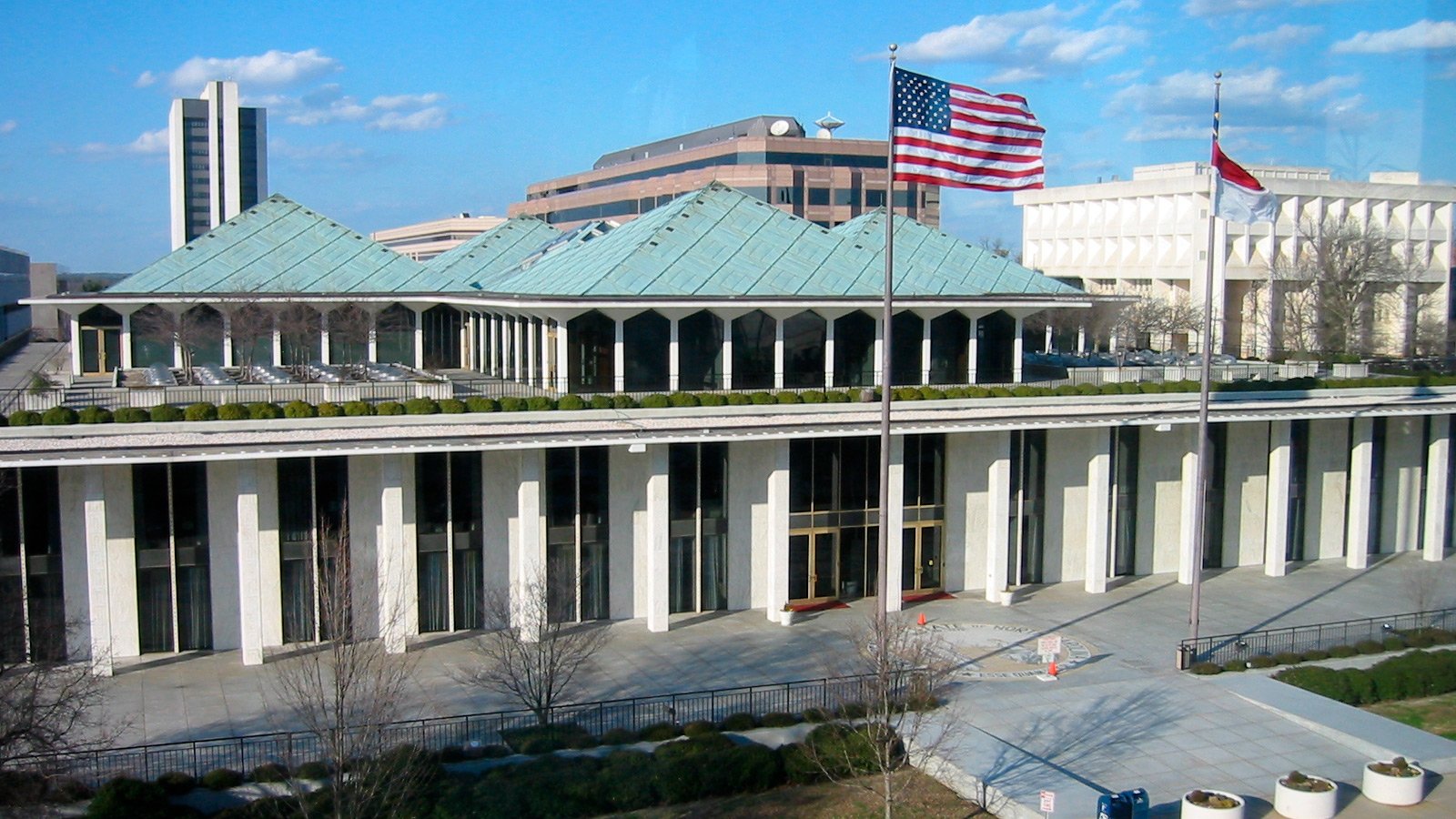
The places of public accommodation are limited to certain sports venues across the state, so operators that partner with teams could have an edge in acquiring the limited licenses. PNC Arena in Raleigh and WakeMed Soccer Park in Cary are among the venues that would be allowed to have an in-person sports book. Certain golf courses, racetracks, and other major professional sports venues, such as Bank of America Stadium in Charlotte, would also be able to have a sports book.
The bill would allocate money from license fees and taxes to several different areas after the Department of Revenue and Lottery Commission receives money for expenses, including education as well as counseling services to combat gambling addictions.
However, the legalization of sports betting remains an issue of worry to many. While the current bill allocates $2 million in counseling services to combat gambling addiction, that still concerns many in the Triad that worry about gambling addiction.
Garrett said these worrying issues will be discussed this week. "We are making a lot of promises to these universities and to mental health counseling services through DHHS, and I want to make sure those revenues are actually there so we can provide those services, and we can keep those services," he said, as reported by the above-mentioned media.
Rep. Jason Saine
Rep. Jason Saine’s HB347 initially passed through the House by a 64-45 vote at the end of March. Parimutuel horse racing was never included in that House-backed version, and it remains to be seen how this will impact any vote on the Senate floor if not stripped from the bill. If approved by the Senate with these amendments, the House would then have to concur with the changes before the bill can be sent to Gov. Roy Cooper for his signature.
The bill aims to end under-the-table sports gambling activities and address gambling's impact on society. The state is expected to collect around $20 million in net revenue in 2024-25, doubling within three years. Sports betting is legal in some form in more than 30 states, including in Virginia and Tennessee, where many North Carolinians are going to gamble.



